Additional notes (click to expand)
Medicinal
Banned.
Still found in abbey gardens where formerly used by midwife nuns to speed up labour.
Extracts of Aristolochia brevipes could be useful in treating multi drug resistant TB.
Navarro-Garcia V.M., Luna-herrara J., Rojas-Bribiesca M.G.,Alvarez-Fitz P.,Rios M.Y. Antibacterial Activity of Aristolochia brevipes against Multidrug-Resistant Mycobacterium tuberculosis Molecules. 2011; 16(9):7357-7364
Toxicity
Plants amongst wheat in the Balkans found to cause Balkan Endemic Nephropathy (BEN). A chronic renal disease associated with cancer of the upper urinary tract (UUC).Preparations using Aristolochia speces are widely used in Traditional Chinese Medicine. In Taiwan one third of the population uses medicine including Aristolochia and they have a high incidence of UUC.
Grollman, Arthur P. (2011) Aristolochic Acid Nephropathy in Taiwan: Harbinger of a global iatrogenic Disease.J Clin Oncol 29:2011 (suppl: abstr 1592)
Toxicity due to aristolochic acid.
Professor Anthony Dayan, 2021
Geographical distribution
- Asia-Temperate, Western Asia, Turkey
- Europe, Eastern Europe, Central European Russia
- Europe, Eastern Europe, Ukraine
- Europe, Southeastern Europe, Albania
- Europe, Southeastern Europe, Bulgaria
- Europe, Southeastern Europe, Greece
- Europe, Southeastern Europe, Italy
- Europe, Southeastern Europe, Romania
- Europe, Southeastern Europe, Yugoslavia
- Europe, Southwestern Europe, France
- Europe, Southwestern Europe, Spain
- Northern America, Southeastern U.S.A., Georgia
Aristolochia clematitis L.
Family: ARISTOLOCHIACEAEGenus: Aristolochia
Species: clematitis L.
Common names: Birthwort
Pharmacopoeia Londinensis name: Aristolochia
Distribution summary: Mediterranean
Habit: Perennial
Hardiness: H5 - Hardy; cold winter
Habitat: Roadsides, wasteland & cultivated land
Garden status: Currently grown
Garden location: Europe & Middle East (J)
Flowering months: July, August, September
Reason for growing: Medicinal, toxic
 and ladybird.JPG)
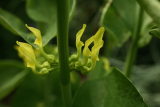
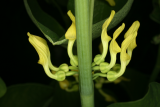
.JPG)
.JPG)
.JPG)
.JPG)
.JPG)
.JPG)
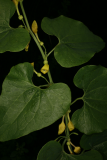
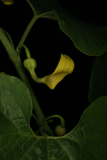
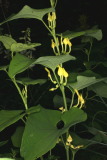
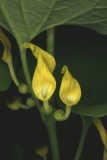
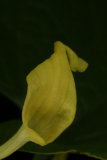
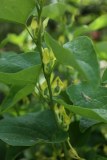
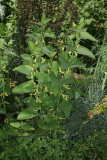
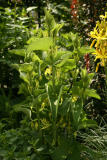
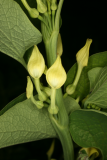
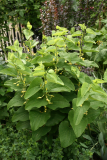
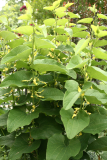
.JPG)
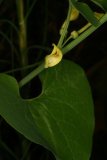
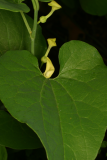
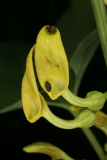
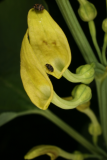
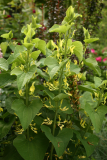
.JPG)
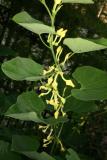

.JPG)
.JPG)